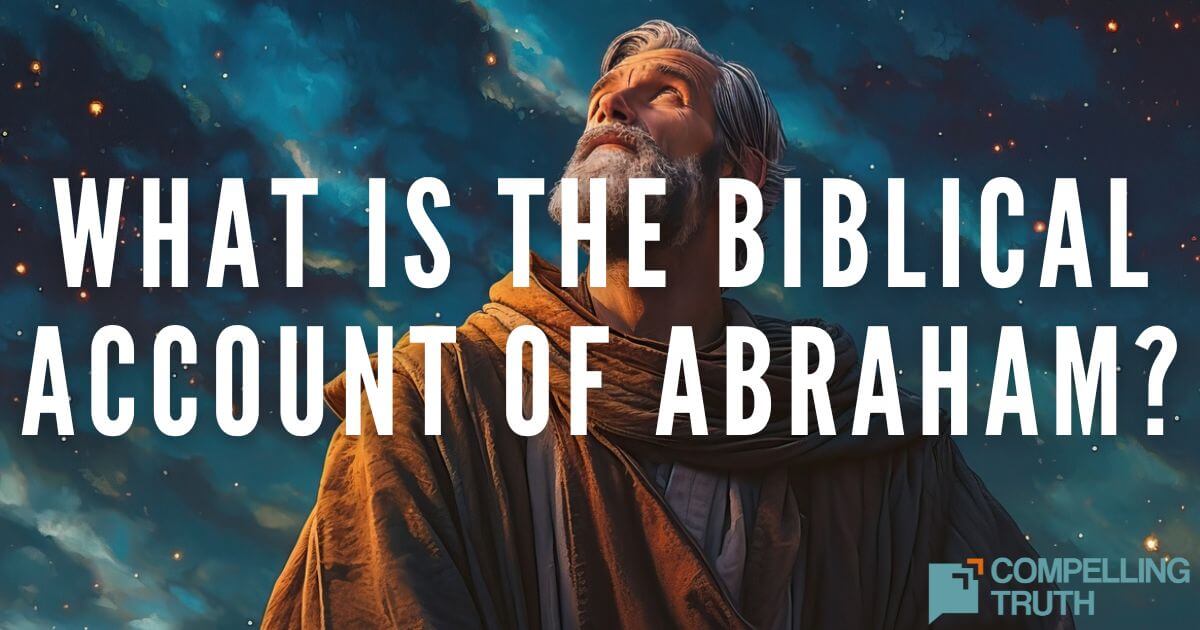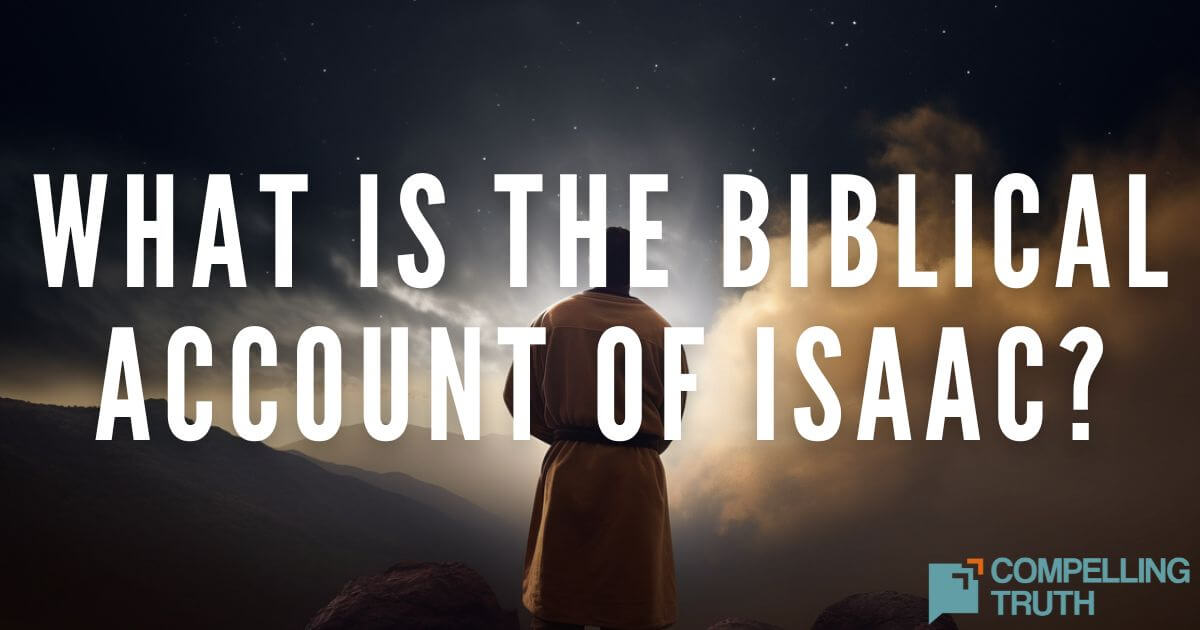what does the bible say?
Abraham, Isaac, and Jacob are the biblical patriarchs God used to establish the nation of Israel and to fulfill His promises of restoration and blessing to the whole world. Abraham was called to leave his homeland, and through his trust in God, a great nation, Israel, was established. Isaac, born in old age to Abraham and Sarah, was the chosen son of promise. Jacob, renamed Israel after wrestling with God, fathered the twelve tribes of Israel. Through the lineage of the biblical patriarchs came Jesus, who fulfilled God’s promises to bless the nations. Jesus brought salvation not just to Jews but to all nations. Anyone who believes in Jesus for the forgiveness of sins is regarded as heirs of the promises made to Abraham, Isaac, and Jacob.




